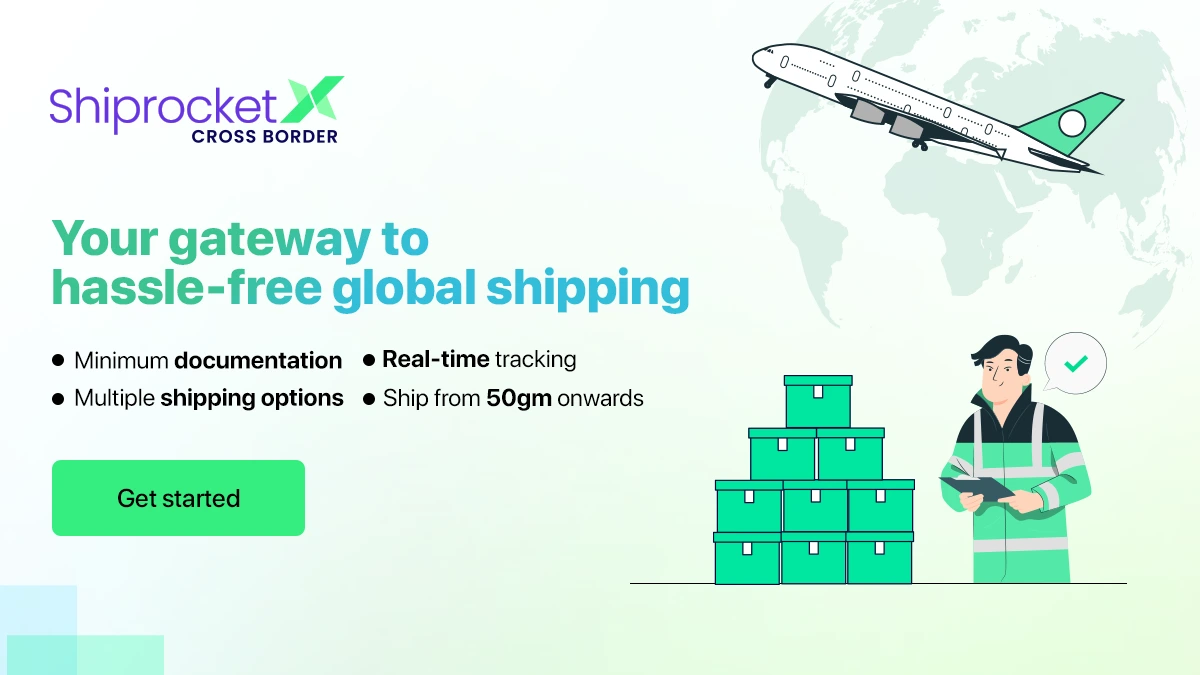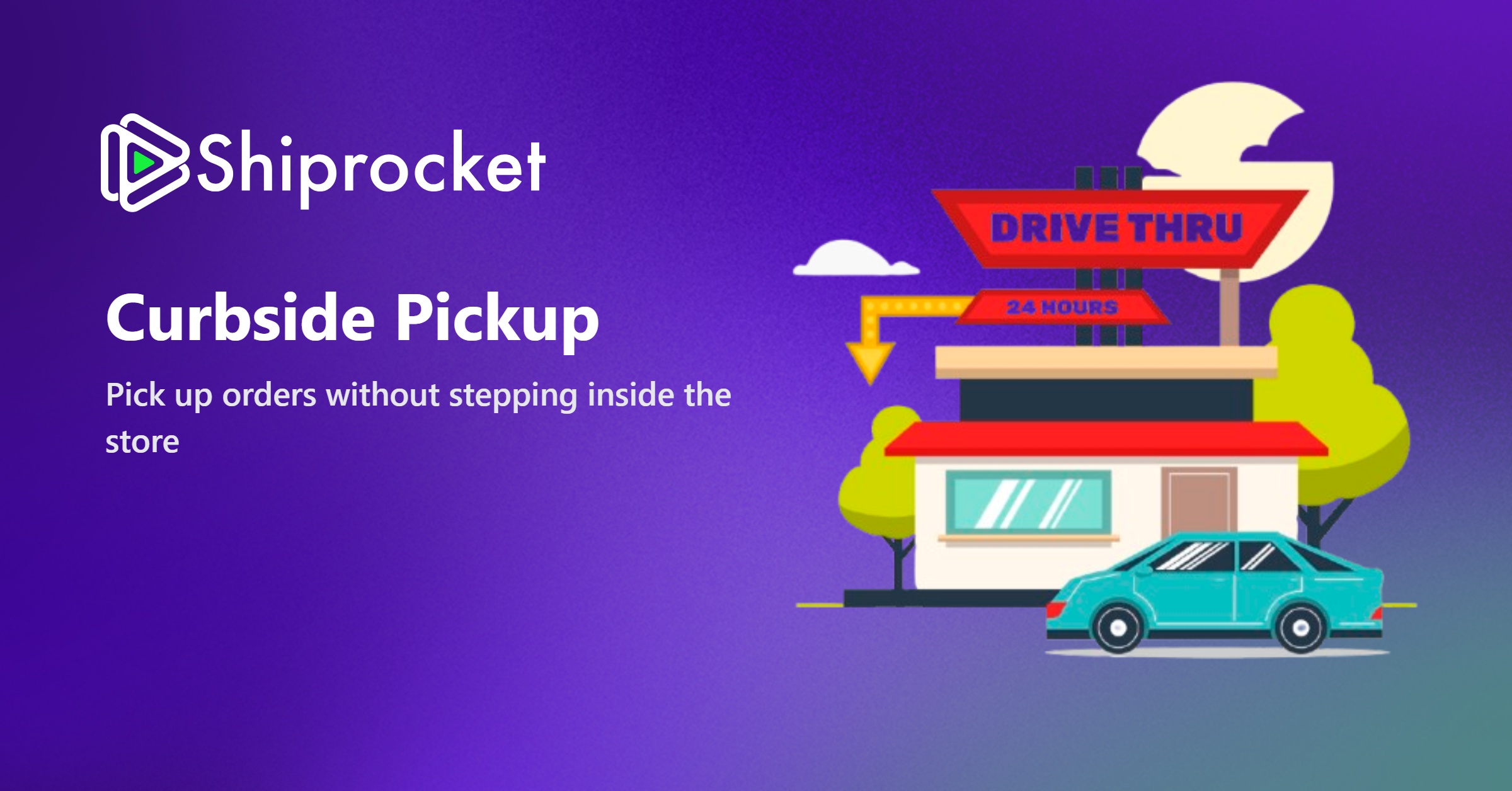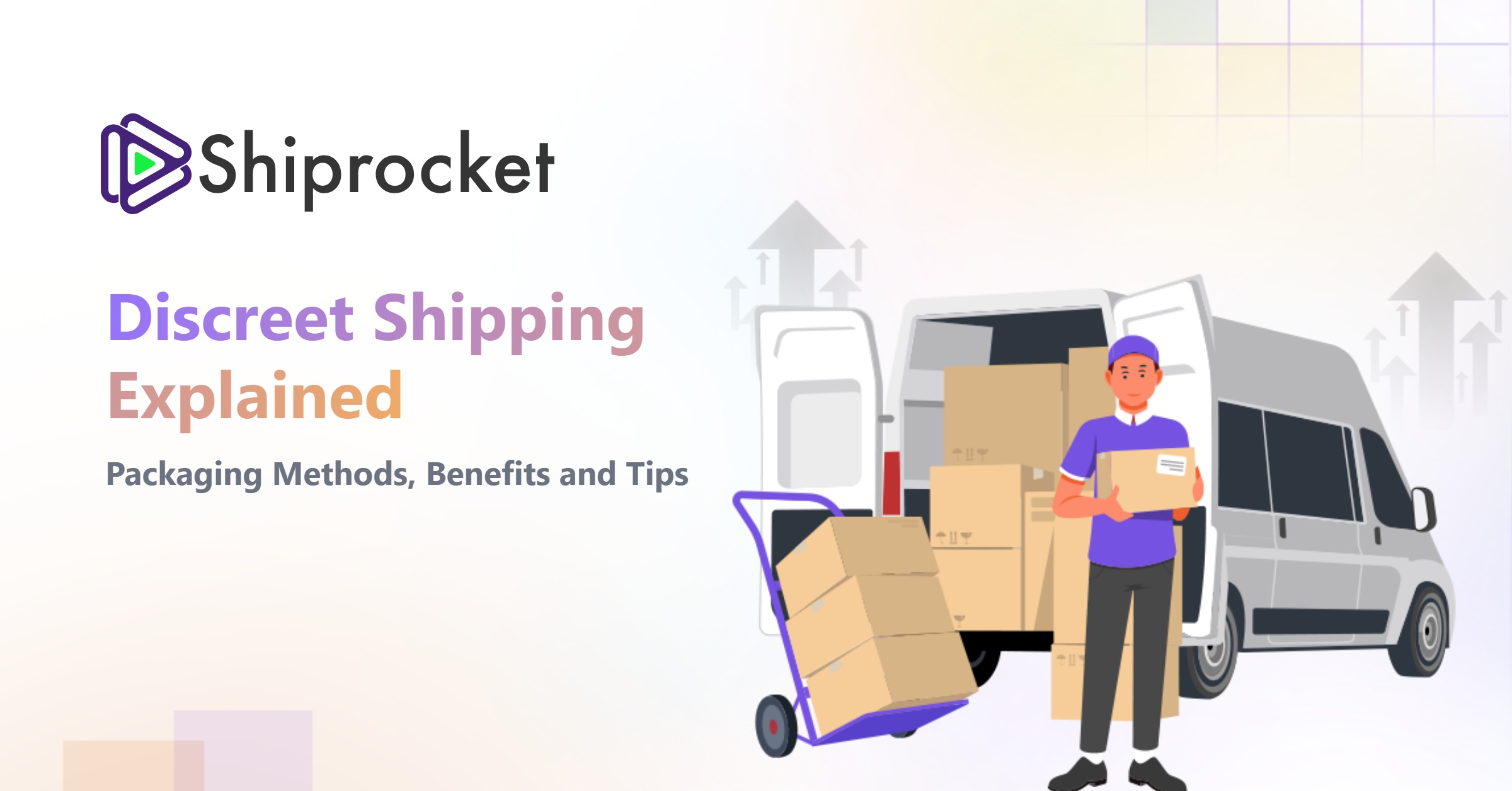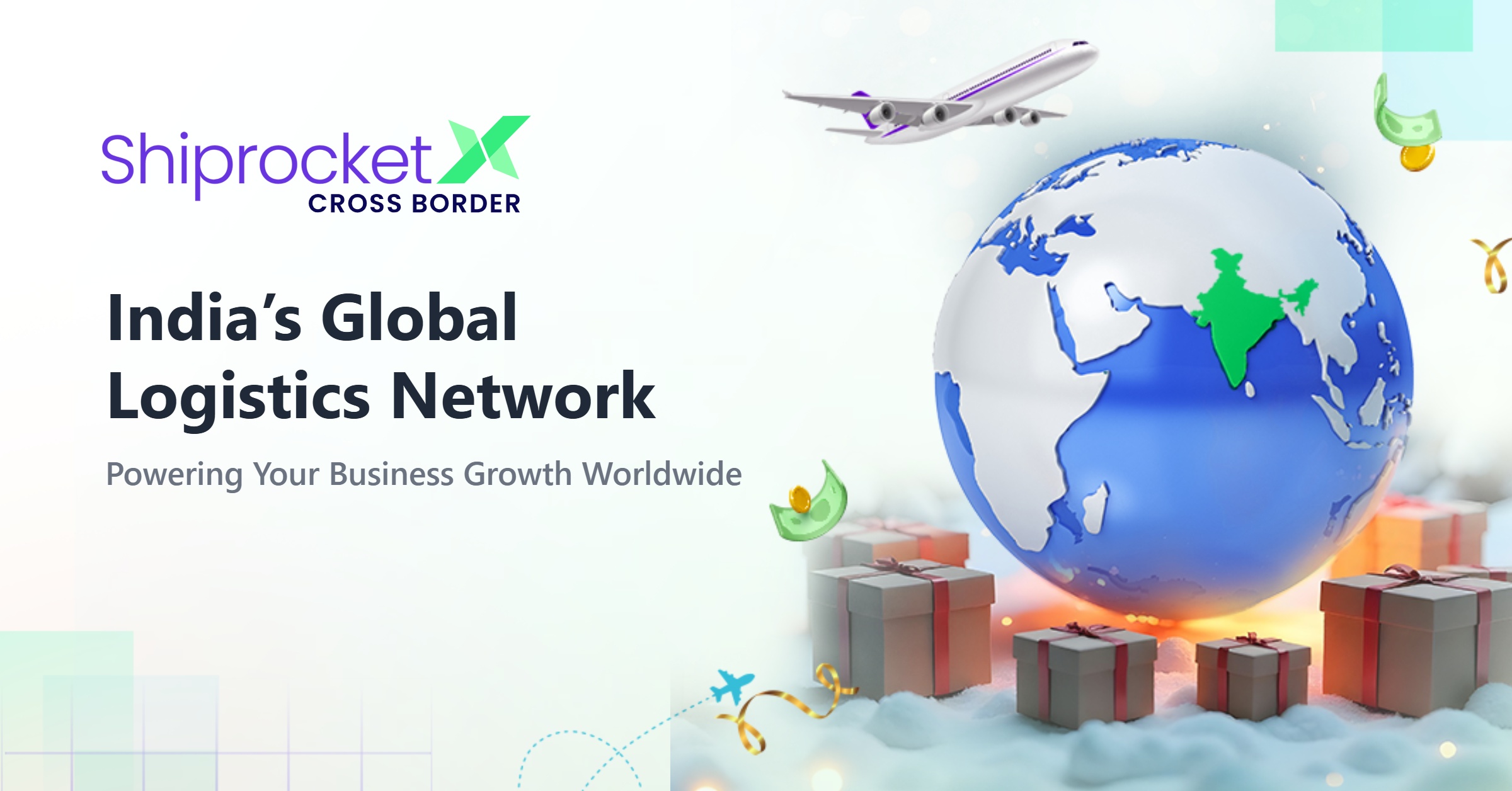International Shipping Companies: A Complete Guide
This blog post demystifies the world of international shipping, explaining why it is crucial for business growth today. We will cover the essential services these companies offer, key considerations for choosing the right partner, and how to navigate the complexities of cross-border trade effectively.
- What Do International Shipping Companies Actually Do?
- What Should You Look for in an International Shipping Company?
- Challenges Businesses Face With International Shipping Companies
- Why ShiprocketX Is the Best Choice for International Shipping from India
- How to Choose the Best International Shipping Company for Your Business
- Conclusion
The world has truly become a global marketplace. Whether you are a small online seller or a large enterprise, the ability to reach customers beyond your home country is more important than ever. However, the thought of sending products across oceans and borders can feel overwhelming.
This is where expert international shipping companies come in. They are the unsung heroes of global commerce, bridging distances and connecting businesses with customers worldwide. Understanding their role and how to work with them is key to unlocking your business’s international potential.
What Do International Shipping Companies Actually Do?
International shipping companies transport parcels from one country to another, managing key processes such as:
Cross-border transportation
Duties and taxes processing
Last-mile delivery
Tracking and updates
International regulations and documentation
Major international shipping companies include FedEx, UPS, Aramex, and regional carriers.
Each carrier excels in different areas—some offer faster deliveries, others lower rates. Understanding these differences helps you choose the right partner.
What Should You Look for in an International Shipping Company?
1. Delivery Speed & Reliability
Some companies specialize in express delivery (1–5 days), while others offer economy or postal-level timelines. Your choice depends on customer expectations and product type.
2. Shipping Rates
International shipping costs vary by:
Destination country
Weight & dimensions
Shipping method (express vs. economy)
Carrier surcharge policies
Comparing multiple companies ensures better margins.
3. Customs Support & Documentation
International shipping companies must handle:
Tariffs, Duties and taxes
Restricted goods checks
A provider that simplifies documentation reduces delays.
4. Tracking Quality
Customers expect real-time updates. Choose companies that offer:
End-to-end tracking
Clear scan events
Delivery confirmation
5. Global Reach
Some carriers are stronger in specific regions—for example:
USP works well for the USA
Aramex is strong in the Middle East
A smart mix ensures wider coverage.
Challenges Businesses Face With International Shipping Companies
Even with reliable carriers, global shipping comes with challenges like:
High shipping costs
Different customs policies
Complex documentation
Inconsistent tracking across borders
Limited delivery options in remote countries
Handling returns, delays, and lost shipments
This is where an aggregator like ShiprocketX becomes a game-changer.
Why ShiprocketX Is the Best Choice for International Shipping from India
Instead of choosing one international shipping company, ShiprocketX gives you access to multiple carriers in one place—with powerful automation.
1. Multiple Global Courier Partners in One Dashboard
ShiprocketX aggregates leading international shipping companies so businesses can:
Compare rates
Compare delivery times
Choose the best option per order
This means you always get the best deal.
2. Cheaper Cross-Border Shipping Rates
By partnering with multiple carriers, ShiprocketX offers optimized, competitive global shipping rates—helping businesses save on every shipment.
3. Automated Documentation for Zero Errors
ShiprocketX automatically generates:
Commercial Invoices
Customs Declarations
Shipping Labels
HS Code Mapping
This reduces delays and speeds up customs processing.
4. Seamless End-to-End Tracking
Track every parcel from pickup to final delivery with unified, easy-to-read updates your customers can access.
5. Delivery to 220+ Countries
Reach customers worldwide across the USA, UK, Europe, UAE, Australia, and more—without managing multiple carrier accounts.
6. Faster Delivery with Smart Routing
ShiprocketX chooses the best courier based on:
Destination
Package size
Delivery type (economy or express)
Performance history
This ensures faster and more reliable deliveries.
How to Choose the Best International Shipping Company for Your Business
Step-by-Step Checklist
Check delivery speed for your main markets
Compare shipping rates for your product category
Look for carriers that offer strong tracking
Evaluate customs support and documentation tools
Consider reliability based on customer reviews
Choose carriers suited for specific regions
Use ShiprocketX to combine strengths
Conclusion
Choosing the right international shipping company directly impacts your delivery speed, customer satisfaction, and global success. While individual courier partners offer strong capabilities, managing multiple carriers can become overwhelming.
With ShiprocketX, you get:
Access to top global couriers
Automated paperwork
Better rates
Faster deliveries
End-to-end visibility
This makes cross-border shipping simpler, smarter, and more affordable for Indian sellers.
If you’re ready to scale your global business, ShiprocketX ensures your parcels reach customers across the world—fast, smooth, and stress-free.






